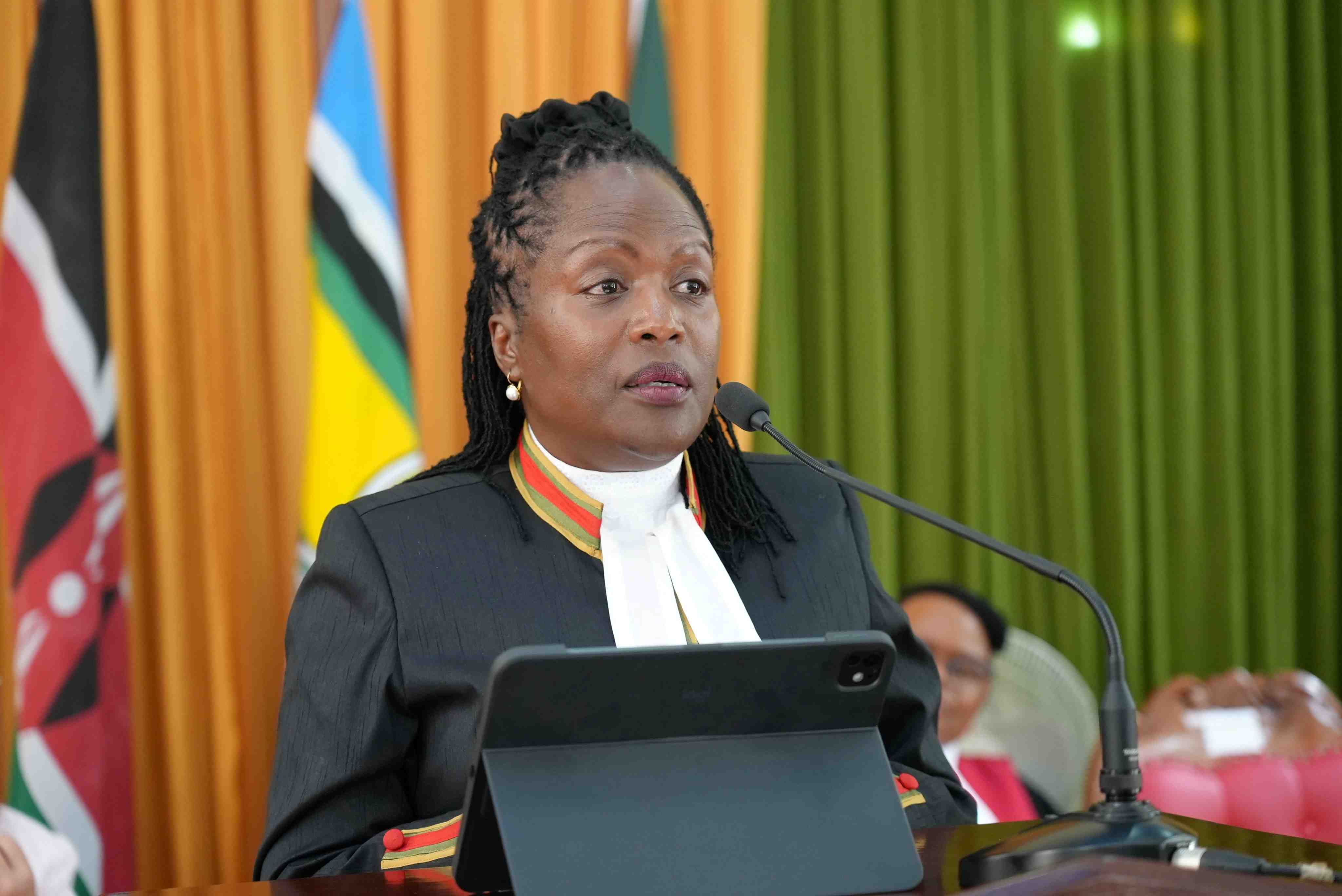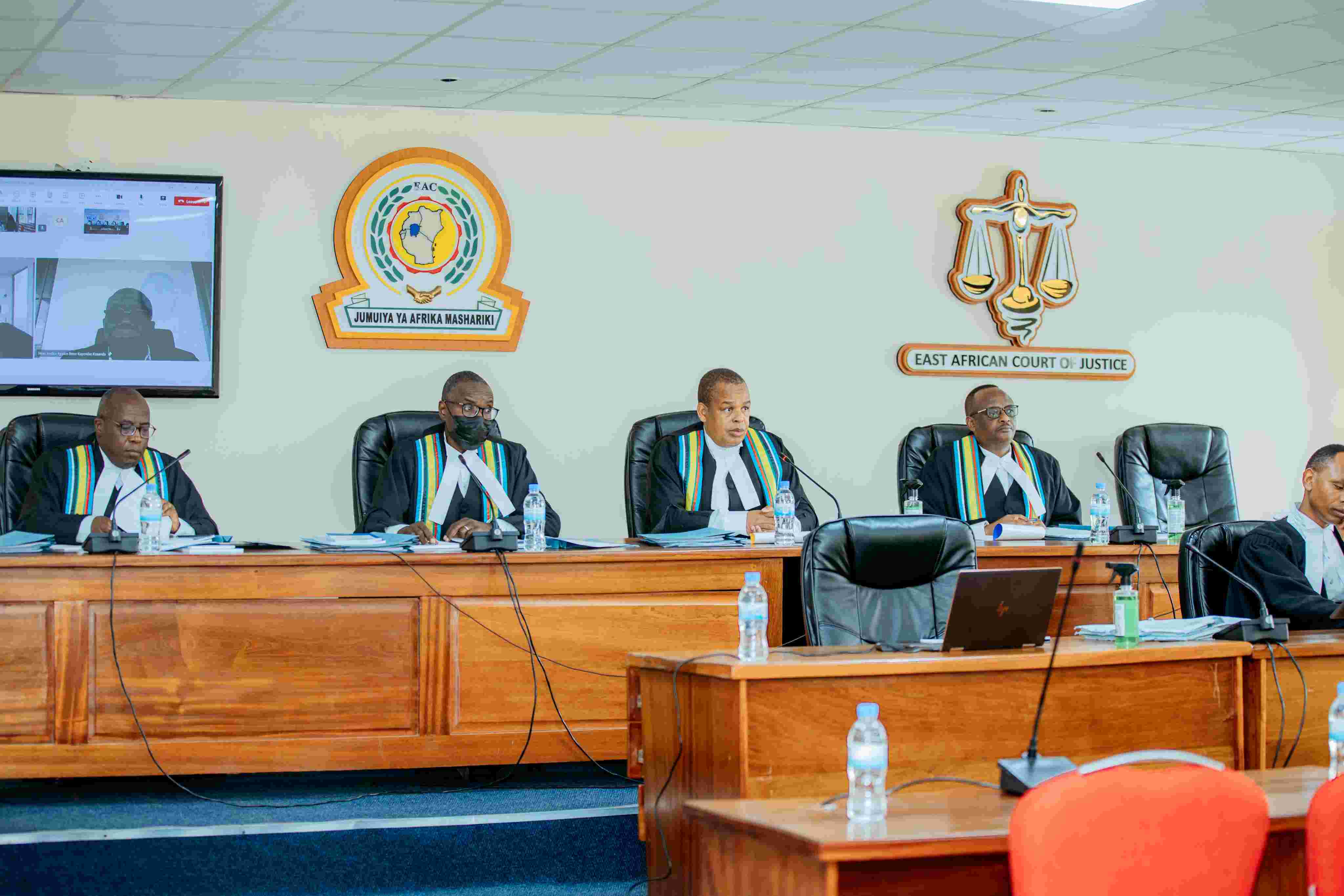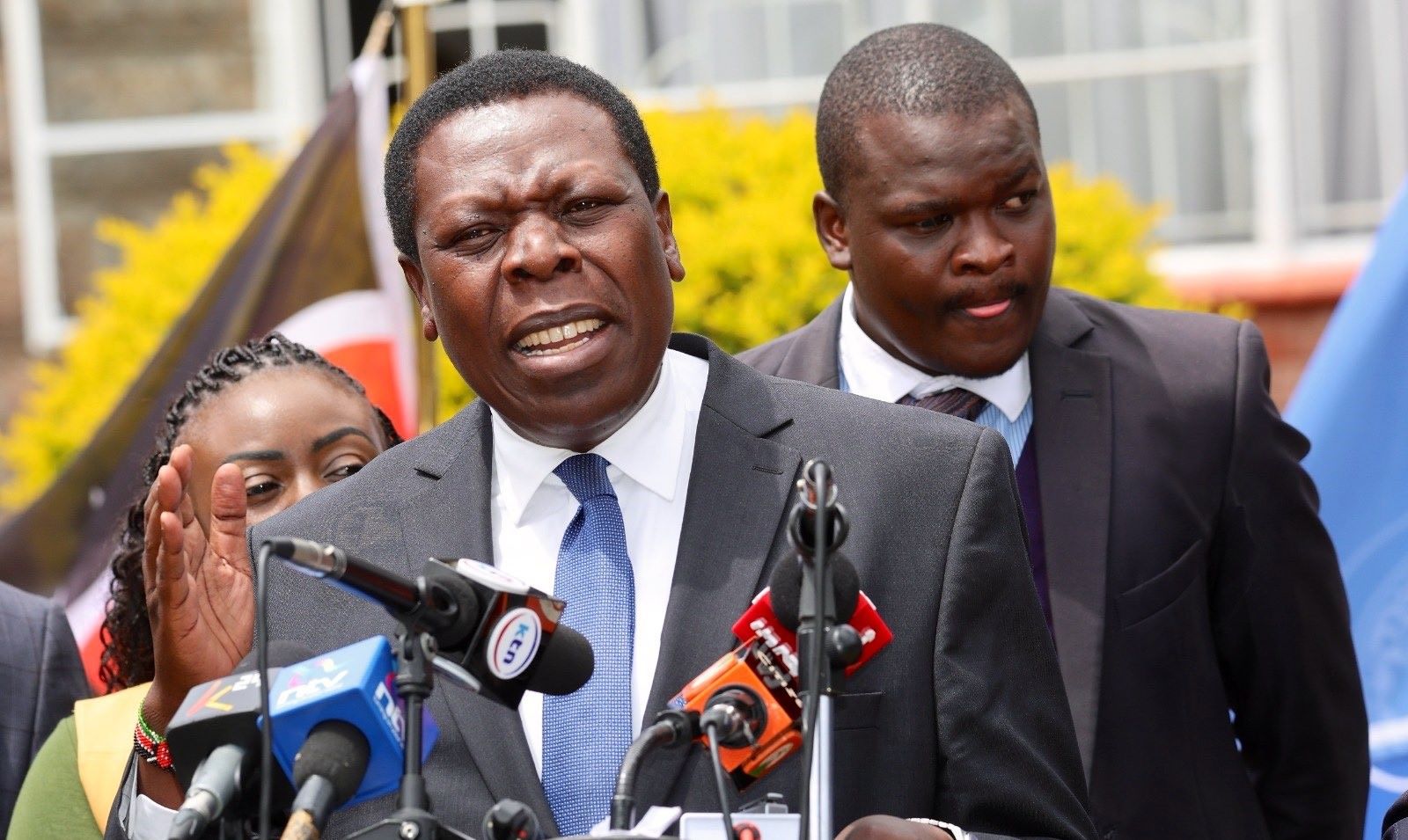Judiciary, MPs clash over setting of judges’ allowances

MPs questioned why the Judiciary continues to set its own allowance rates independently of SRC benchmarks, despite the constitutional mandate that SRC regulates public officers’ pay.
The Judiciary has come under scrutiny over the setting of judges’ allowances, with Parliament questioning why the institution continues to determine rates independently of the Salaries and Remuneration Commission (SRC).
In a session on Wednesday, the Public Accounts Committee (PAC) sought answers from judicial officers over what legislators described as unchecked payment of billions in taxpayer-funded allowances.
More To Read
- JSC appoints 100 new Resident Magistrates to boost judiciary services
- Men dominate Judiciary complaints and case filings as gender gaps persist despite digital progress
- Judiciary reports 17 per cent drop in fines collected for minor offences in 2023/24
- Judiciary holds historic 'closing of files' ceremony to honour fallen judicial officers
- Taxpayers could pay Sh15 billion annually for judges’ retirement perks, SRC warns
- Kenya Magistrates and Judges Association ushers in new leadership team as Justice Mulwa takes over as President
During the heated PAC session at Parliament Buildings, MPs questioned why the Judiciary continues to set its own allowance rates independently of SRC benchmarks, despite the constitutional mandate that SRC regulates public officers’ pay. Legislators argued that while the Judiciary is independent, its autonomy should not extend to unchecked financial decisions that could burden taxpayers.
“Who, then, regulates these allowances? Who sets the bar? Because an allowance could be as little as Sh200, but who checks that if someone decides to peg it at Sh1,000? How are these rates determined?” Mathioya MP Edwin Mugo posed.
He further questioned the methodology, asking, “Do you benchmark, perhaps with the United Kingdom or other Commonwealth countries? How exactly? Because, you know, the SRC usually conducts surveys, looking at economic conditions and circumstances, including hotel rates, to arrive at a standard allowance. But then, who actually regulates this? Is it the Judicial Service Commission?”
The contention arose during consideration of the Auditor General’s report on the Judiciary’s financial statements for the year ended June 30, 2023. Auditor General Nancy Gathungu flagged irregular domestic travel and subsistence allowances paid to top judicial officers, including the Chief Justice, Deputy Chief Justice, all judges, the Chief Registrar, Deputy Chief Registrar, chief magistrates and staff in job groups PLS 16 and 17.
“The Salaries and Remuneration Commission (SRC) circular dated February 2, 2022, set out the applicable domestic travel and subsistence rates for all state and public officers. However, the Judiciary has been paying at rates higher than those authorised by the SRC,” reads the report.
The Auditor General emphasised that, by doing so, the Judiciary’s management had breached SRC guidelines, resulting in irregular payments.
In a letter dated July 23, 2019, tabled before the committee, then Chief Registrar Anne Amadi, defending the contested payments, outlined a review of daily subsistence allowances, commonly known as per diems. The letter, addressed to the Director of Human Resource Management and Administration, outlined resolutions passed during a JSC meeting held on Monday, July 22, 2019.
“The Judicial Service Commission at its meeting held on Monday, July 22, 2019, considered a proposal to review the subsistence allowance/per diem payable to judges, judicial officers and staff and approved the same, noting the following amendments,” Amadi wrote.
The new structure introduced clear bands of entitlement: the Chief Justice and Deputy Chief Justice received Sh30,000 per day, all judges and the Chief Registrar received Sh25,000 and chief magistrates, the Deputy Chief Registrar, the Chief Kadhi, and staff in job groups PLS 16 and 17 received Sh20,000 daily. Rates for other officers remained unchanged.
In her directive, Amadi instructed the Human Resource Director to enforce the revised structure, copying the memo to the Chief Human Resource Officer (Welfare) to ensure immediate implementation.
Current Chief Registrar Winfridah Mokaya, who also serves as the Judiciary’s accounting officer, defended the allowance structure, explaining that the JSC had benchmarked the rates against those applied by the Parliamentary Service Commission (PSC).
“Let me just confirm that the Judicial Service Commission benchmarks particularly with the Parliamentary Service Commission. So the rates we apply are comparable to what obtains in the PSC,” Mokaya told the committee.
Her remarks drew protests from MPs, who argued that the PSC operates under its own internal benchmarks, many of which have been nullified by SRC. Legislators insisted the Judiciary could not act as though it were exempt from the broader public service remuneration framework.
“I would like to know from the Registrar what exactly you based your position on to come up with these rates. Was it that ruling, and if so, what did the ruling say? Or was it solely the Constitution? Initially, were you guided by SRC rates, and at what point did you stop using them, if at all you ever did?” Samburu West MP Naisula Lesuuda posed.
In response, Mokaya defended the institution, citing Article 172 of the Constitution, which empowers the JSC to “review and make recommendations on the terms and conditions of service of judges and judicial officers.” According to her, the JSC conducted its own benchmarking exercise before SRC released its rates.
“Let me say we have never used the SRC rates. The Judicial Service Commission (JSC) interpreted its mandate as provided for under article 172 vis-à-vis article 230 of the Constitution, which gives the mandate to SRC. So they interpreted their mandate and, after benchmarking, set the applicable rates, so it is later that SRC provided the rates,” she said.
“So the SRC rates came after the Judicial Service Commission had set the rates, and then the issue came up in court, and again, it affirmed the position that the Commission had taken,” she added.
During the meeting, the Auditor General’s office was also questioned. Director of Audit Philip Cheboiwo opposed the Judiciary’s stance, noting that the institution already nominates a member to SRC to represent its welfare.
“But again, it begs the question, the Judiciary also sits in the SRC as a member. Could it be that they see themselves as superior to the Public Service Commission? If you are part of such a commission, then fairness should apply across the entire public sector,” he said.
The controversy comes amid growing scrutiny of state officers’ perks, with taxpayers footing hefty bills for allowances ranging from travel to sitting fees.
PAC has now demanded that the Judiciary furnish it with a copy of the Supreme Court ruling cited as the legal basis for its stand, as well as clarity on how benchmarks were arrived at.
Top Stories Today













































